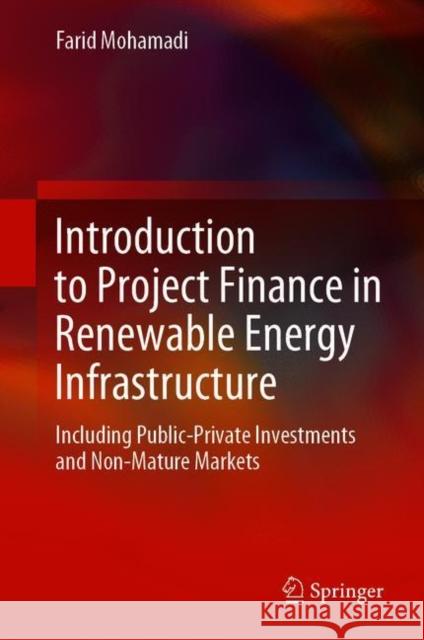Introduction to Project Finance in Renewable Energy Infrastructure: Including Public-Private Investments and Non-Mature Markets » książka
topmenu
Introduction to Project Finance in Renewable Energy Infrastructure: Including Public-Private Investments and Non-Mature Markets
ISBN-13: 9783030687397 / Angielski / Twarda / 2021 / 262 str.
Introduction to Project Finance in Renewable Energy Infrastructure: Including Public-Private Investments and Non-Mature Markets
ISBN-13: 9783030687397 / Angielski / Twarda / 2021 / 262 str.
cena 563,56
(netto: 536,72 VAT: 5%)
Najniższa cena z 30 dni: 501,19
(netto: 536,72 VAT: 5%)
Najniższa cena z 30 dni: 501,19
Termin realizacji zamówienia:
ok. 22 dni roboczych.
ok. 22 dni roboczych.
Darmowa dostawa!
Kategorie:
Kategorie BISAC:
Wydawca:
Springer
Język:
Angielski
ISBN-13:
9783030687397
Rok wydania:
2021
Wydanie:
2021
Ilość stron:
262
Waga:
0.59 kg
Wymiary:
23.88 x 19.56 x 2.03
Oprawa:
Twarda
Wolumenów:
01
Dodatkowe informacje:
Glosariusz/słownik











